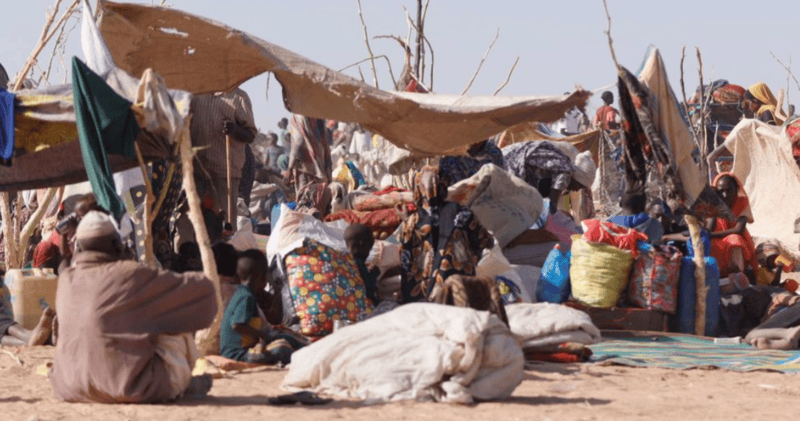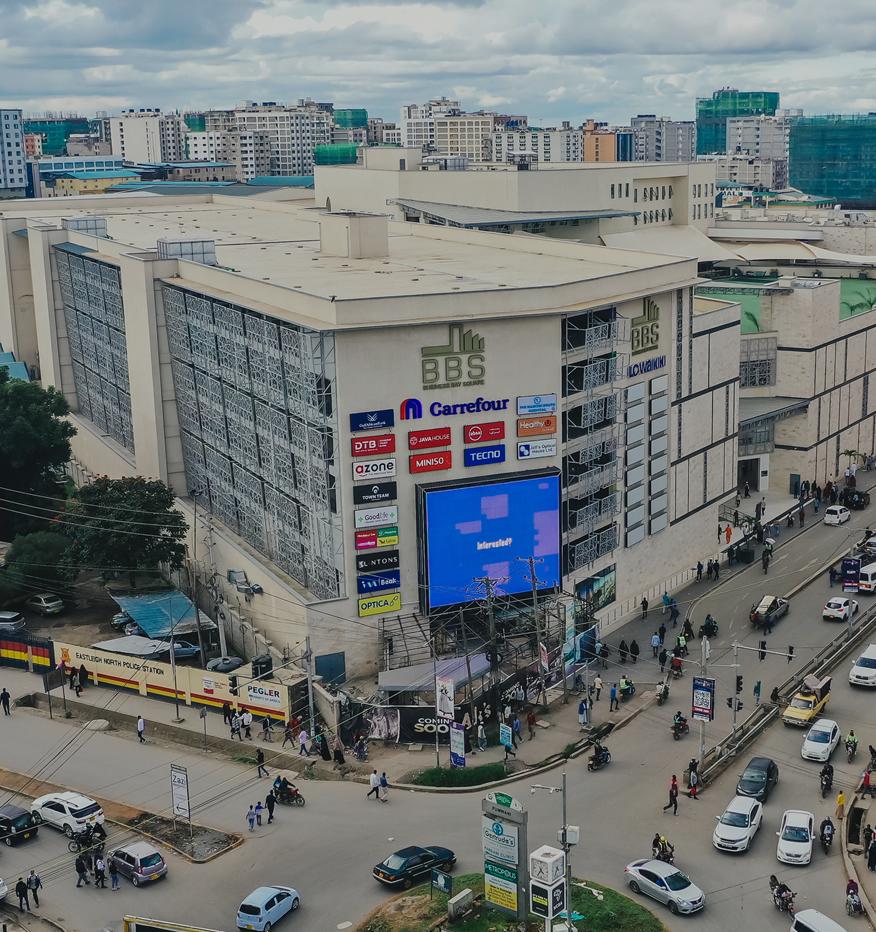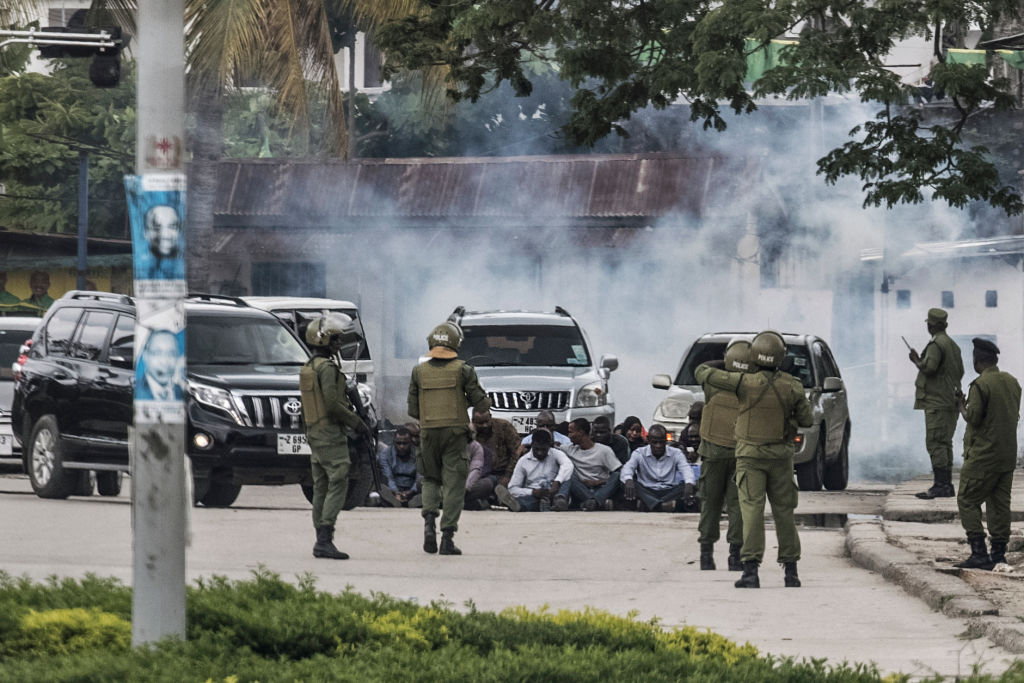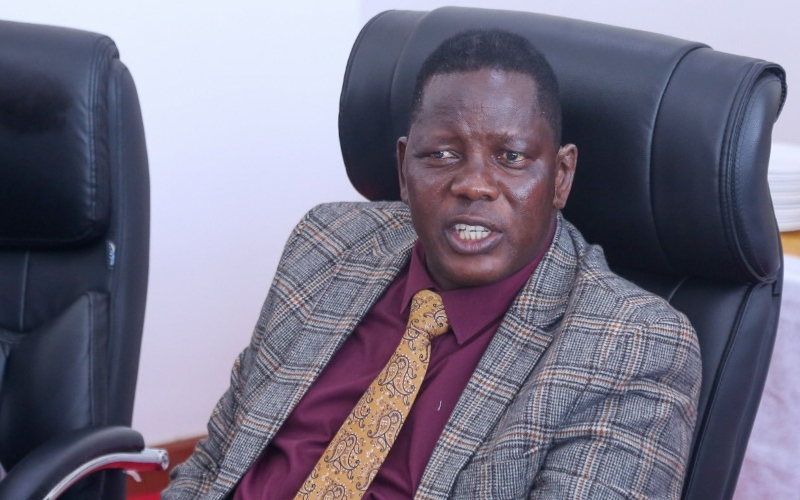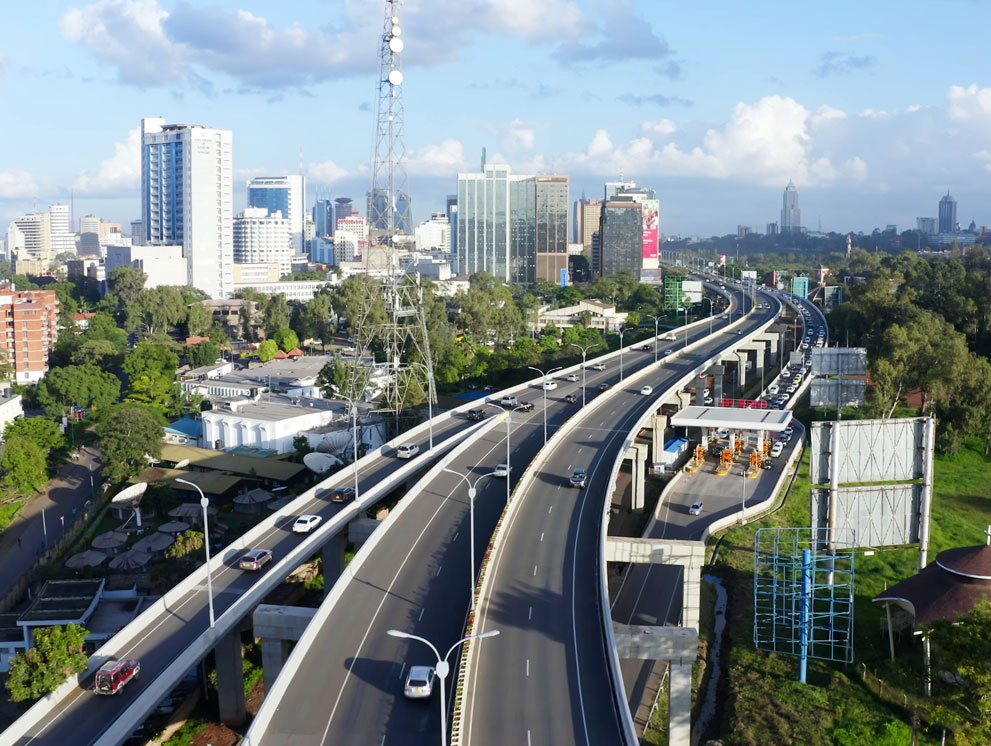Court freezes Sh10.5 billion Roads Maintenance Levy Fund leaving counties in limbo
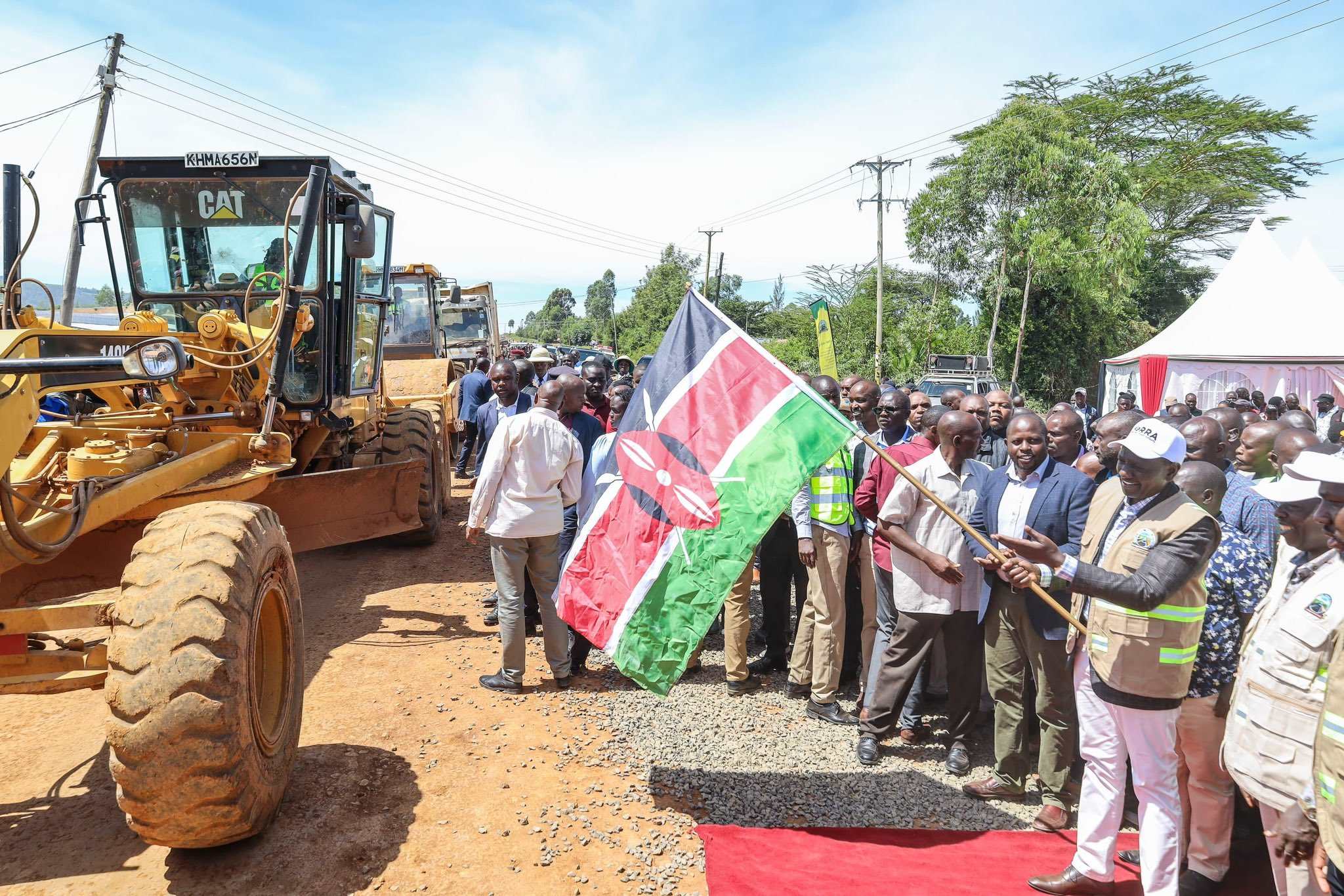
The appellate court suspended the implementation of a June 5 High Court judgment that had declared the exclusion of counties from the Roads Maintenance Levy Fund (RMLF) unconstitutional.
A dispute over the control of Sh10.5 billion from the Roads Maintenance Levy Fund has deepened tensions between the National Assembly and county governments, after the Court of Appeal froze the funds, leaving counties uncertain about critical road maintenance budgets.
The appellate court suspended the implementation of a June 5 High Court judgment that had declared the exclusion of counties from the Roads Maintenance Levy Fund (RMLF) unconstitutional. The decision temporarily blocks counties from receiving the funds and allows the National Assembly and the Kenya Roads Board to proceed with their appeal.
More To Read
- Motorist association warns Rironi–Nakuru–Mau Summit Highway expansion to benefit foreign firms, burden taxpayers
- Treasury reveals Sh30 billion paid to fund road projects across Kenya
- MPs slam road agencies over billions spent on poorly maintained roads
- Counties to receive direct funding for road maintenance after passage of new Bill
- MPs demand KeRRA submit project certificates amid road levy discrepancies
- Government leaves investors exposed as securitised projects lack guarantees
Justices Daniel Musinga, Pauline Nyamweya and George Odunga granted the stay for one year, warning that immediate execution of the ruling could result in “chaos and disorder” in the management of roads across the country.
“We are satisfied that the applicants have demonstrated that the orders sought in the consolidated applications are merited,” the judges ruled.
“The appeal and the intended appeal are arguable. The appeals shall be rendered nugatory unless the orders sought are granted. The public interest also favours the grant of the orders sought.”
According to court documents, counties were awaiting Sh6.8 billion of the total Sh10.5 billion allocation for the 2024/25 financial year. So far, only Sh3.6 billion has been disbursed.
The High Court ruling had also invalidated Section 6 of the Kenya Roads Board Act, which permits the securitisation of 50 per cent of the Kenya Roads Board Fund to meet financial needs for road development, maintenance and rehabilitation. This section also outlines how the RMLF is shared among key road agencies, including the Kenya National Highways Authority (KeNHA), Kenya Rural Roads Authority (KeRRA), Kenya Urban Roads Authority (KURA) and the Kenya Wildlife Service (KWS).
In defending their stay request, the appellants argued that national road agencies would be unable to operate if the section was rendered inoperative without an alternative legal structure. The Court of Appeal agreed, noting the risk to road infrastructure.
“It is not possible for these agencies to fund their operational and administrative expenses if the section became totally inoperative, without any appropriate legal framework in its place,” the judges said.
“That would occasion considerable deterioration of our road network.”
The High Court had also struck out Section 47 of the Kenya Roads Act, which provides the legal basis for classifying roads as national, rural, or urban. The Court of Appeal said such a gap would create conflict between the two levels of government.
“It is also not in dispute that Section 47 of the Kenya Roads Act provides the legal framework for the classification of all public roads in Kenya. Without it, the road classification will be inoperational and there would be chaos and disorder between national and county governments as to which roads fall under which level of government,” the bench warned.
The judges acknowledged that disputes over resource sharing between the national and county governments have persisted since the advent of devolution. They noted that county leaders have long accused the National Assembly of undermining devolution through budgetary allocations that fail to support county-level responsibilities.
“It is not lost on this court that allocation of resources between the national and county governments has been a source of litigation due to unresolved issues surrounding devolution,” reads the judgement.
“County governments have accused the National Assembly of frustrating devolution by misallocating funds.”
In opposing the stay application, the Council of Governors, through its Chief Executive Officer Mary Mwiti, told the court that the national government raises about Sh80 billion annually through the RMLF, which is administered by the Kenya Roads Board.
Mwiti said an extensive intergovernmental consultation involving the Summit, chaired by the President and the Commission on Revenue Allocation, had resolved that counties would receive Sh10.52 billion in the 2024/25 financial year. She added that the Senate had already allocated the amount accordingly.
With the stay in place, counties will have to wait until the Court of Appeal determines whether the High Court ruling will stand.
Top Stories Today




